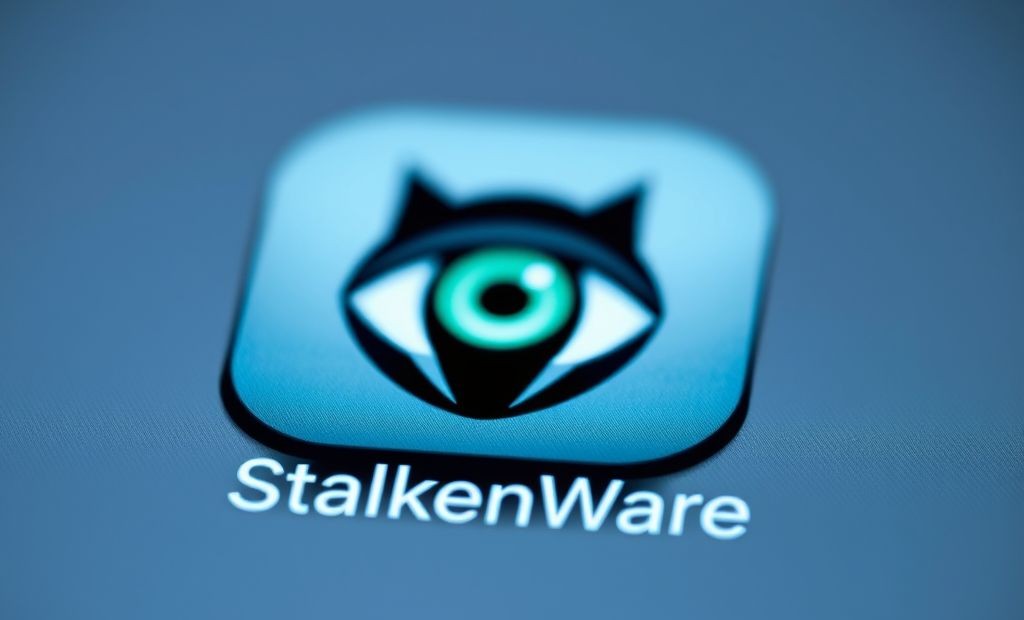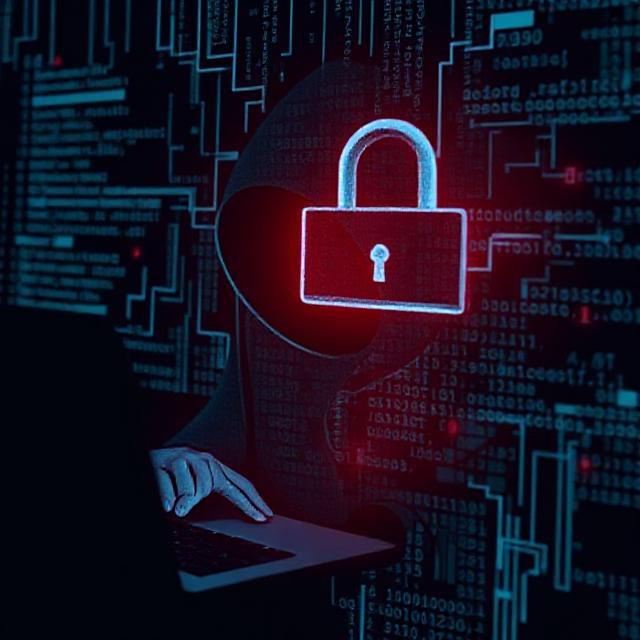Why Stalkerware Apps Risk Your Security

Stalkerware Apps: Privacy Risks & Why Avoid Them First, stalkerware apps let someone secretly track your location, read messages, record calls, and access photos or...
⏱️ Estimated reading time: 4 min
Latest News
Stalkerware Apps: Privacy Risks & Why Avoid Them
First, stalkerware apps let someone secretly track your location, read messages, record calls, and access photos or videos without your knowledge or consent. They often hide in plain sight on your device .
Moreover, these apps frequently suffer data breaches. In February 2025, Spyzie, Cocospy, and Spyic leaked millions of victims’ messages, photos, location logs, and even email addresses . Similarly, SpyX exposed nearly 2 million users, including Apple customers, putting sensitive personal data at risk
Additionally, developers market these tools as “parental control” or “anti-theft” apps. However, abusers exploit them to stalk intimate partners and children—turning them into instruments of domestic abuse .
Consequently, using stalkerware not only violates trust and privacy—it can also expose you and your loved ones to data exploitation by hackers and legal liabilities.
.
What is Stalkerware?
Stalkerware, also known as spouseware or monitoring apps, operates in the background of your device. It secretly collects data and sends it to the installer without your knowledge. Unlike legitimate parental-control apps, which require user consent, stalkerware remains hidden and runs covertly. Consequently, it becomes a powerful tool for abuse and harassment.
Furthermore, cybersecurity experts—such as Eva Galperin from the Electronic Frontier Foundation—have raised serious alarms. They warn that stalkerware often navigates legal grey zones and evades detection by antivirus software. They also note that its use has surged amid increasing domestic abuse cases and remains dangerously prevalent
The Dangers of Using Stalkerware

Privacy Violation
First, stalkerware runs silently in the background and secretly collects data. It can track your real-time location, read messages and call logs, capture photos, take screenshots, and even access your microphone or camera—all without your consent .
Moreover, these apps often hide as system utilities or disguised software. Consequently, victims stay unaware they’re being monitored—making these tools ideal for stalking and harassment .
Additionally, stalkerware uploads your sensitive info—like GPS routes, personal conversations, and media files—to servers controlled by whoever installed it. Unfortunately, these servers frequently suffer leaks, exposing data to malicious actors .
- Location Tracking: Monitoring movements in real-time.
- Message Interception: Reading SMS, emails, and social media chats.
- Call Recording: Listening to and recording phone calls.
- Access to Media: Viewing photos and videos stored on the device.
Security Risks
Beyond the ethical and legal implications, stalkerware poses significant security risks:
- Data Leaks: Stalkerware apps are often poorly secured, making the collected data vulnerable to breaches and leaks. Reports of stalkerware companies experiencing data breaches are common.
- Hacking Target: Once a device is compromised with stalkerware, it becomes an easier target for further hacking attempts.
- Financial Risks: Some stalkerware apps require subscriptions or payments, which can expose financial information to potential theft.
Legal Consequences
Using stalkerware can have serious legal ramifications. Depending on the jurisdiction, it may violate laws related to:
- Wiretapping: Illegally intercepting private communications.
- Computer Fraud and Abuse: Unauthorized access to computer systems.
- Privacy Laws: Violating personal privacy rights.
First, several countries and US states now ban using devices to track someone without their consent. For example, Pennsylvania classifies unauthorized Bluetooth trackers like AirTags as a third‑degree misdemeanor—punishable by up to 90 days in jail
Moreover, many US states—including California, Florida, Texas, and Alaska—prohibit installing electronic tracking devices on vehicles without owner permission . Additionally, Connecticut outlaws such tracking as a felony if it causes fear or intimidation
Meanwhile, in Europe—such as France—geolocating someone without consent can result in up to one year in prison and €45,000 fines; penalties double in intimate relationships .
Similarly, New South Wales (Australia) makes it a crime to use listening or tracking devices without warrants, risking up to five years in prison .
Consequently, it’s essential to learn your local laws on surveillance and tracking. Otherwise, you risk criminal charges, civil suits, and hefty fines.
How to Protect Yourself
Protecting yourself from stalkerware involves a combination of awareness and proactive security measures:
- Secure Your Devices: Use strong passwords or passcodes and enable two-factor authentication on all accounts.
- Review App Permissions: Regularly check app permissions on your smartphone to ensure no apps have access to data they shouldn’t.
- Install Anti-Malware Software: Use reputable anti-malware software to detect and remove stalkerware.
- Be Wary of Suspicious Activity: Look for signs of stalkerware, such as unexplained battery drain, increased data usage, or unfamiliar apps on your device. You can refer to resources from organizations like Kaspersky for more info.
- Regularly Update Software: Keep your operating system and apps up to date to patch security vulnerabilities.
Related Posts
Bluesky Enhances Moderation for Transparency, Better Tracking
Bluesky Updates Moderation Policies for Enhanced Transparency Bluesky, the decentralized social network aiming to compete...
December 11, 2025

Google Maps: Gemini Tips, EV Charger Predictions & More!
Google Maps Gets Smarter: Gemini Tips & EV Updates Google Maps is enhancing user experience...
December 9, 2025

US, UK, Australia Sanction Russian Web Host
Crackdown on Russian ‘Bulletproof’ Web Host The United States, United Kingdom, and Australia have jointly...
December 6, 2025
1 Comment
-
boyarka
Thanks for some other informative site. The place else may just I get that type
of information wwritten in such an ideal approach? I’ve a
undertaking that I am simply now running on, and I’ve
been on the glance out for such information. […]











Thanks for some other informative site. The place else may just I get that type
of information wwritten in such an ideal approach? I’ve a
undertaking that I am simply now running on, and I’ve
been on the glance out for such information. […]